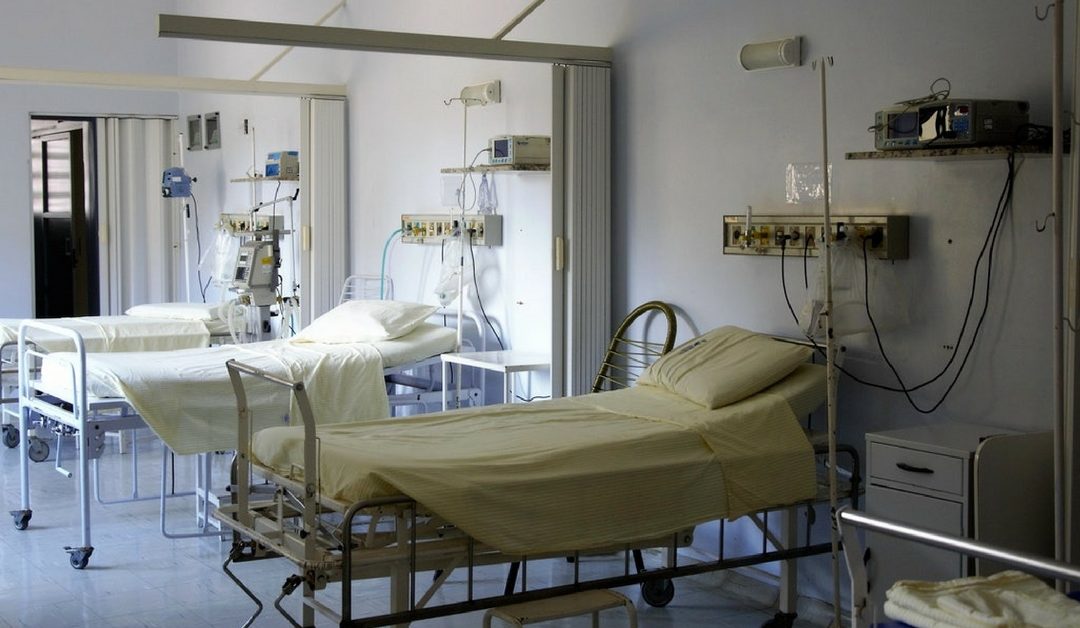Hospital acquired infections and you
Hospital acquired infections are a serious issue and it is important to be aware of the ways that you can acquire an infection in a hospital. Of the number of ways that you can contract an infection in a hospital, there are ways to prevent the spread. However, when you should contract an infection in a hospital, the hospital may be at fault for the issue. If you would like to know more and see if you could speak with medical malpractice lawyers, contact Overchuck Law Firm in Orlando, Florida.
1) Surgical wound infection
Surgical wound infection can be caused by a variety of reasons but of these reasons, frequently it can be because of the surgeon or medical staff’s lack of cleanliness. For instance, if the medical equipment used to perform the surgery is not properly sterilized then this can lead to redness, inflammation, and pus at the incision site. Additionally, if the medical staff’s hands or doctor’s hands are not properly washed before surgery or when touching the wound after surgery, this can lead to an infection.
2) Unwashed hands from medical worker or visitor
A common way that germs can travel is by unwashed hands. This can be caused by anyone who comes in contact with the patient and is not limited to just visitors who may thoughtlessly touch the patient without having properly washed their hands or used hand sanitizer. Hospital staff and doctors may have not washed their hands between patients, as they are supposed to, and that can lead to an infection. Given the number of germs in a hospital and how critical it is for hospital personnel to stay sanitized in order to prevent the spread of infection, something as simple as an infection in a hospital can be cause for a medical malpractice case. Contact medical malpractice lawyers if you would like more information.
3) Sharing a room
Sharing a room with another sick individual can easily cause infection. It is important for you to limit the number of germs that come into the room when you are in recovery in a hospital. For this reason, requesting a single room, especially after a serious surgery, can help you avoid hospital infection as it limits the amount of people that travel through your space in a given day.
4) Touching hospital surfaces
Hospital surfaces, including elevator buttons and door handles, can be coated in germs from dozens of sick patients and germ-carrying visitors every day. It is important for you to disinfect your hands as often as possible before coming in contact and after coming in contact with these surfaces in order to prevent the spread of infection.
5) Insertion of a medical device
If you have medical device inserted into your body after a surgery, there is plenty of opportunity for infection to spread. Make sure that you ask your doctor whether everything has been properly sanitized.
Contact Us
If you have contracted hospital acquired infections, you may be able to seek legal action against the hospital for malpractice. Contact Overchuck Law Firm, medical malpractice lawyers in Orlando, Florida for assistance.
 1503 West Smith Street Orlando, FL
1503 West Smith Street Orlando, FL 407-900-2344
407-900-2344

